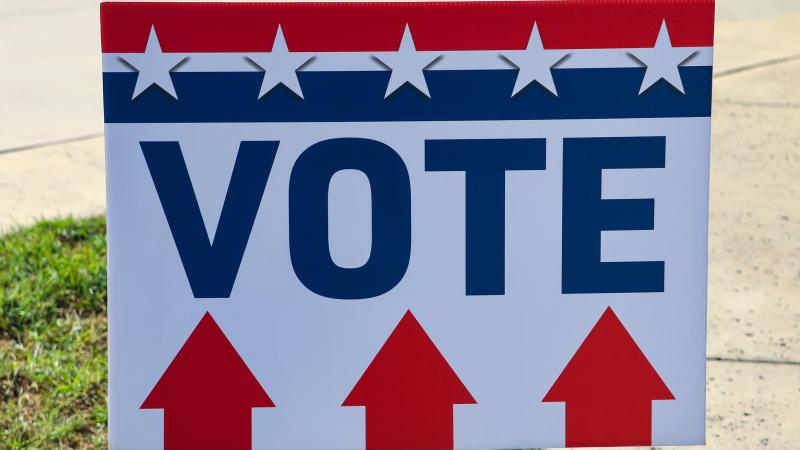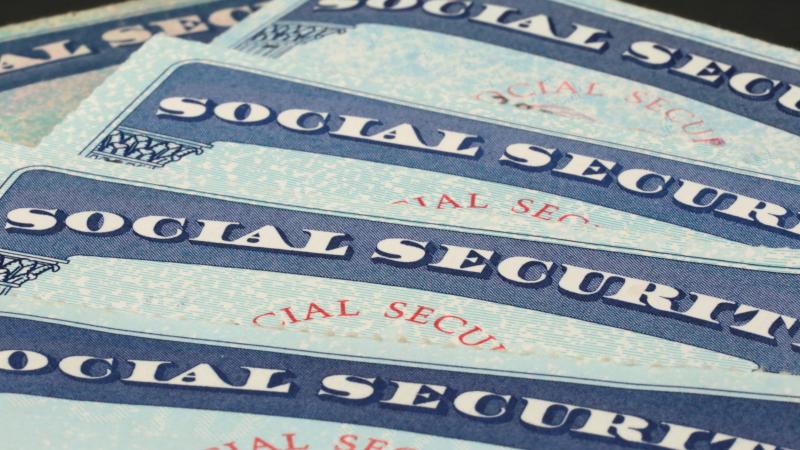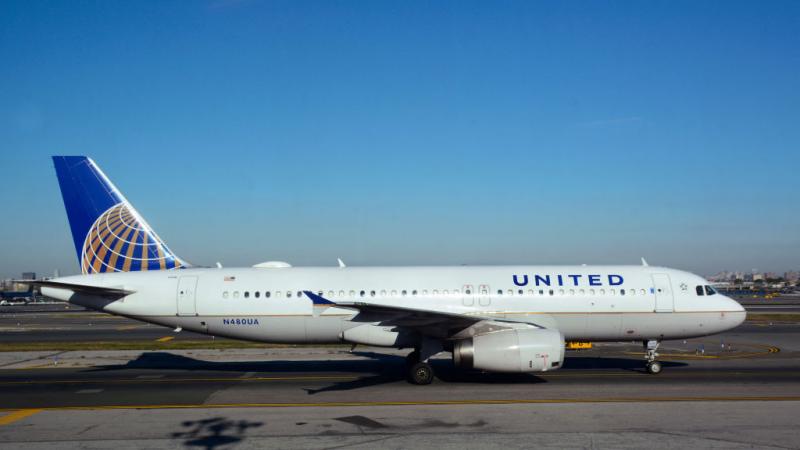Voters across US to decide on key abortion, immigration, cannabis ballot measures
While much of the media attention will focus on votes to decide who controls Washington, voters on Tuesday will also cast ballots on important state-level issues.
Voters across the country are going to the polls Tuesday to make decisions on such key local and statewide issues as abortion, voting laws, further expanding legalized marijuana and limiting the sale of flavored tobacco — in addition to casting ballots for candidates running for elected office.
Among the closely watched ballot propositions is Michigan's "Promote the Vote." The initiative would require that donations made to fund elections be disclosed, and that nine days of early, in-person voting would be required.
Billed as a measure to expand voting rights in Michigan, Proposal 2 (or 22-2, as it's officially known), "would undermine the integrity of Michigan elections [and] disenfranchise ballots cast by lawful Michigan voters," argues conservative public interest law firm the Thomas More Society. "Specifically, Proposal 2 would allow individuals without identification to cast ballots, out-of-state special interests and billionaires to fund and direct how Michigan elections are conducted, facilitate ballot harvesting by requiring tens of thousands of unattended ballot drop boxes to be placed in predominately urban jurisdictions and deny candidates, political parties and voters the opportunity to audit or challenge election results."
The measure "would overturn Michigan's existing voter identification requirements, which are much less strict than those upheld by the U.S. Supreme Court, and allow someone without identification to cast a ballot," said voting rights attorney Thor Hearne, who served as legal counsel and adviser to the Carter-Baker election reform commission.
"Proposal 2 would also allow billionaires and special interests to pay Michigan election officials and direct how election officials conduct Michigan elections," claims the Thomas More Society, warning of a reprise of 2020's notorious "Zuckerbucks," when Facebook founder Mark Zuckerberg "paid more than $400 million to election officials in exchange for the election officials agreeing to conduct the election in a manner that the Zuckerberg-funded 'charity' directed."
Others propositions include:
- Michigan Reproductive Freedom for All (Proposal 22-3): The measure would "allow the state to regulate abortion after fetal viability, but not prohibit if medically needed to protect a patient's life or physical or mental health." It would protect abortion doctors from being prosecuted for performing such a procedure. Critics argue the proposal would provide loopholes for late-term abortions and allow minors to obtain abortions without parental consent.
- Arizona Proposition 309 would require in-person voters to show a photo ID and to "write their birthdate, government-issued identification number, and signature on a concealed early ballot affidavit."
At least 34 states have some form of Voter ID. Supporters, including former President Trump, say it reduces voter fraud, while critics counter it limits some people's right to vote.
Another big ballot issue Tuesday is the sale of flavored tobacco in certain states, including California:
- Proposition 31 in California would prohibit the retail sale of specific flavored tobacco products. Supporters of the proposition argue that certain flavored tobacco products cause cancer and other health issues, particularly among young people, and should be regulated. Opponents argue governments shouldn't decide which kinds of tobacco products are sold.
Massachusetts will vote on whether illegal immigrants should be permitted to get drivers' licenses without showing proof of residency.
- Massachusetts Question 4, Eligibility for Drivers' Licenses, allows illegal immigrants to get a driver's license or a learner's permit without showing proof of residency in the United States. The law is currently in force in the state, and it will require a majority vote to repeal it.














